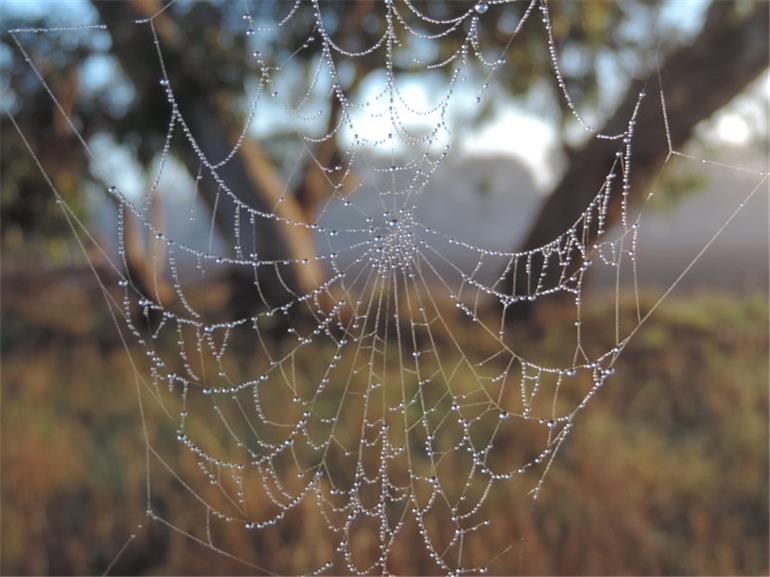GAZYVA, a new anti-CD20 monoclonal antibody in combination with Chlorambucil, is now Therapeutic Goods Administration (TGA) approved for the treatment of previously untreated Australian CLL patients. It is NOT YET on the Pharmaceutical Benefits Scheme (PBS), but Roche has made a first time submission for Gazyva to Australia's Pharmaceutical Benefits Advisory Committee (PBAC) - the body that recommends what should be on the PBS.
You can support this submission via on line comment to the PBAC.
PBAC has been knocking back many new cancer therapies because they are considered too expensive for the value delivered, but Roche has good evidence of benefit of the GAZYVA + Chlorambucil combination for people with CLL from their CLL11 GAZYVA study...
GAZYVA + Chlorambucil:
* More than doubled Progression Free Survival (PFS) vs Chlorambucil alone (26.7 vs 11.1 months)
* Provided nearly 1-year improvement in PFS vs MabThera (Rituximab) + Chlorambucil (26.7 vs 15.2 months)
As the PBAC site says:
"Your comments are welcome whether you are a patient, carer, member of the public, health professional or member of a consumer interest group."
Comments must be submitted on line by next Wednesday the 11th of June. PBAC will review all submissions and make a decision at their July meeting. (They only meet three times a year.)
On line submission:
health.gov.au/internet/main...
Background information:
PBAC's role, Meeting Agenda and Consumer Comments
health.gov.au/internet/main...
Steven M. Horwitz, MD, Memorial Sloan Kettering Cancer Center in 2014-NCCN-Guideline-Updates
“The most significant changes are the addition of two newly approved agents for chronic lymphocytic leukemia, obinutuzumab and ibrutinib. That’s quite a lot in a single year. These drugs have the potential to make major changes in how we treat patients, particularly as we have more important non-chemotherapy options."
onclive.com/publications/ob...
CLL11 Trial
clinicaltrials.gov/show/NCT...
Overview
roche.com/med-cor-2013-11-0...
ASH 2013 Article
cancernetwork.com/ash-2013/...
Dr Sharman presented slides on the benefit of this combination in his recent ASCO presentation:
healthunlocked.com/cllsuppo...
FDA approval was given 7 months ago:
healthunlocked.com/cllsuppo....
Plus much more if you do a site search for Gazyva or obinutuzimab
Thanks for your support!
Neil
